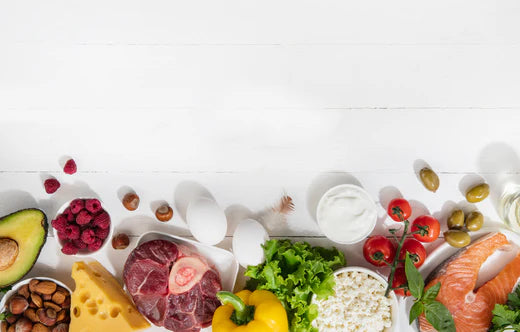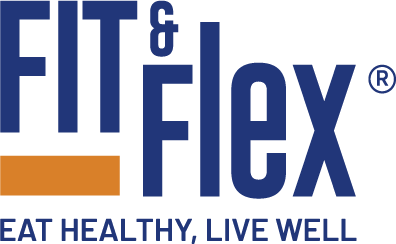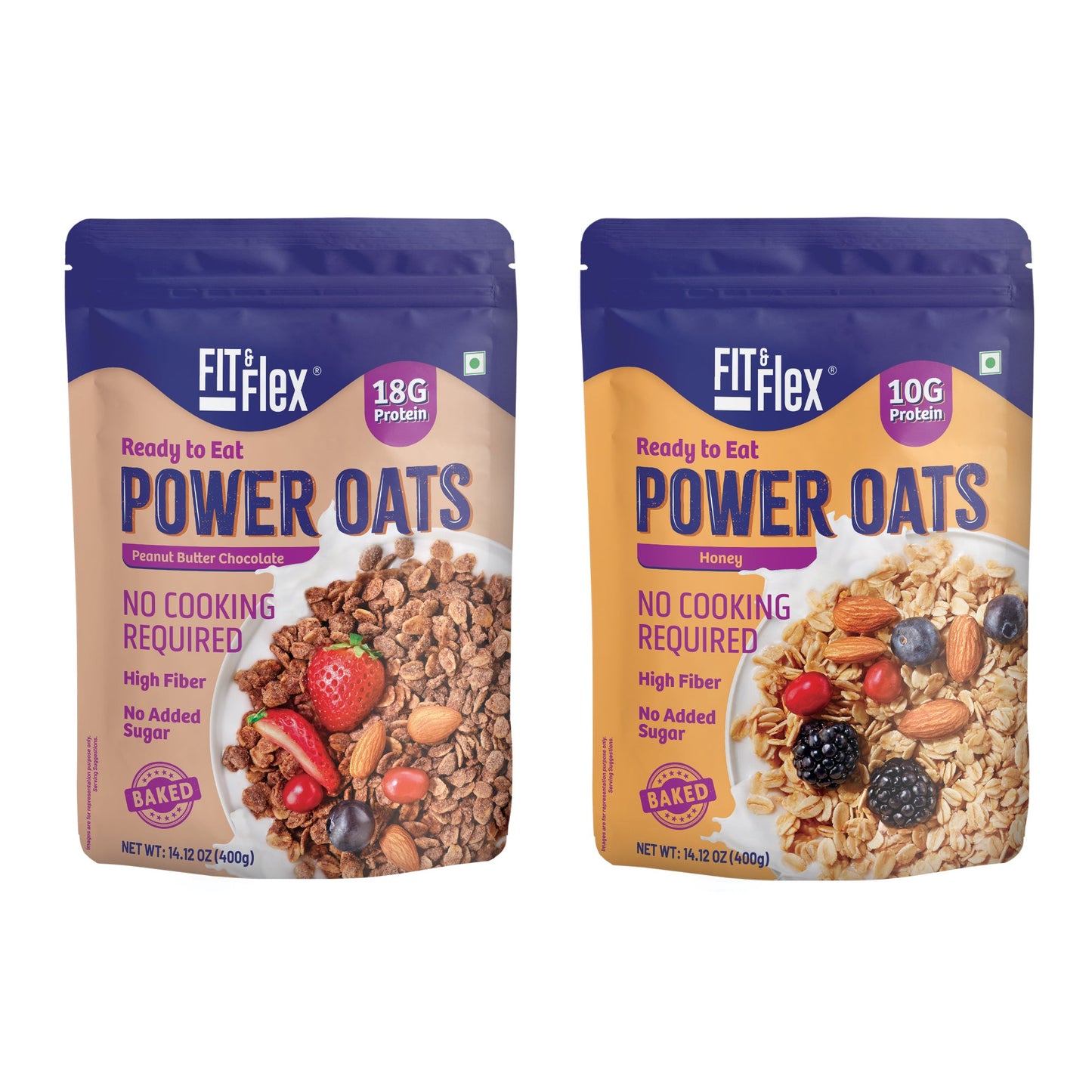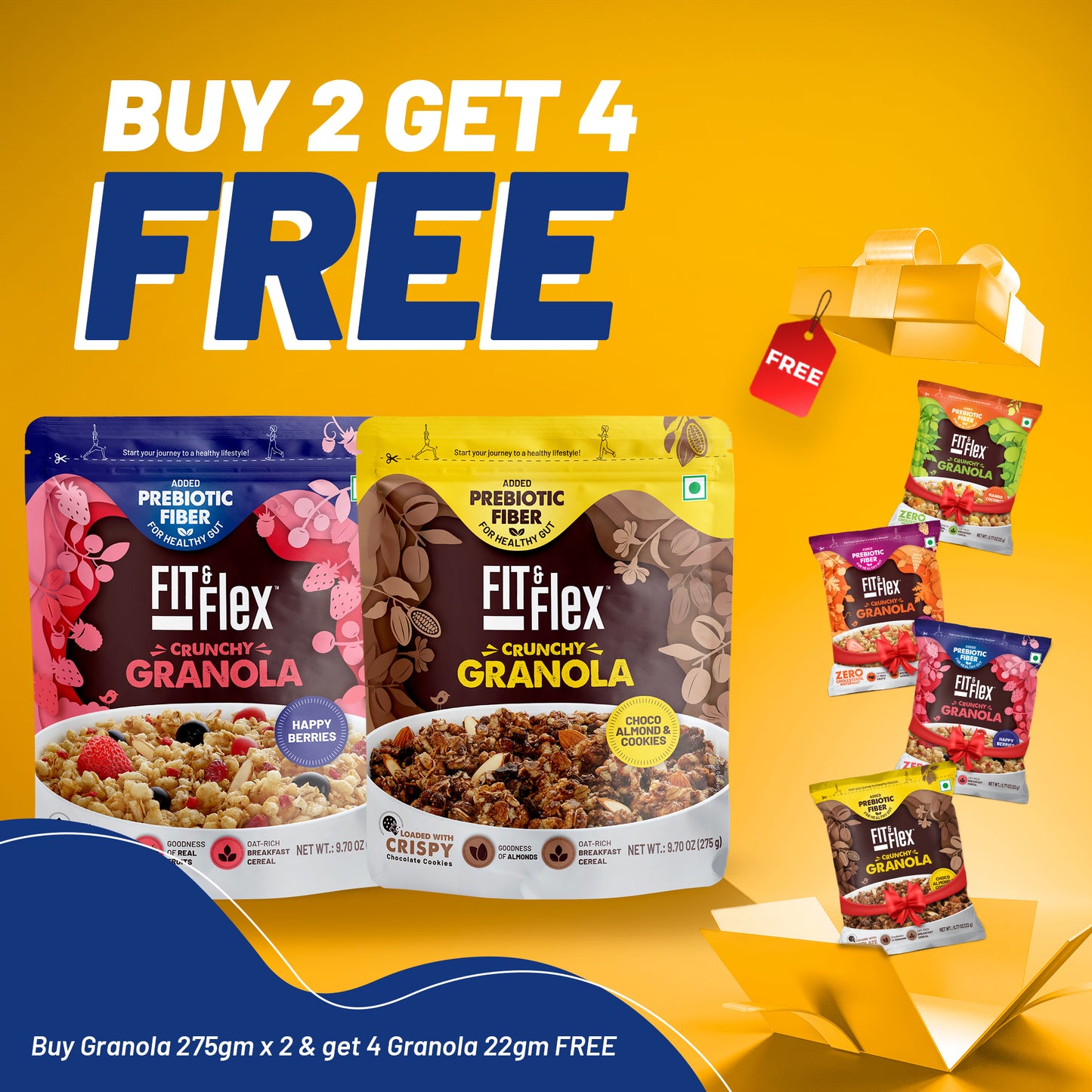20 PROTEIN-RICH FOODS: HIGH PROTEIN FOOD ITEMS FOR A HEALTHY LIFE

Protein is a nutrient that your body requires to grow, repair, and function effectively. Protein can be found in a variety of foods, and it's critical to consume enough protein in your diet daily. The amount of protein you require in your diet is determined by your weight, gender, age, and health. Eating a variety of foods can help you meet your protein requirements. Plant and animal sources of protein include meat and fish, eggs, dairy products, seeds and nuts, and legumes such as beans and lentils.
Protein-Rich Foods
Whether you're a fitness fanatic, an ordinary working person, or a child, you need the correct quantity of protein in your body to keep it functioning. Our skin, organs, hormones, and muscles are all made up of protein. While youngsters require it for normal growth, adults require it for bodily tissue repair and maintenance. As a result, we've compiled a list of protein-rich foods that can help you get the proper amount of protein in your diet on a regular basis.
Fitness coaches recommend that you eat the best protein foods since they not only help you lose belly fat, but also help you acquire muscle and strength faster. Protein, in general, aids in the reduction of blood pressure and diabetes.
20 Protein-Rich Foods for A Healthy Life
Protein can help you lose weight while also keeping your stomach filled. However, to reap the benefits of protein, you must consume the proper amount and type of protein.
Here are 20 protein-rich foods that is listed below for you to lead a healthier life:
1. Eggs:
Eggs are the ideal dietary item to consume to maintain a lean physique. It also contains a variety of vitamins, minerals, iron, and other nutrients that the body requires.
- Protein content: 1 large egg (50g) has approx. 7g proteins
- Ideal consumption (per day): 1 to 2 eggs in a day is enough
- Best way to consume: Boiled or half baked
2. Almonds:
Fiber, vitamin E, manganese, and magnesium, among other minerals, are abundant in them. Almonds are also on the list of protein foods for those who need to stay within their daily suggested amount.
- Protein content: 280 grams of almonds contain 28 grams of protein.
- Best way to consume: Raw or soaked in water
- Ideal consumption (per day): 10-12 almonds
3. Granola:
Granola is a satisfying and nutritious cereal. Granola can help you lose weight if you choose a healthy version that's high in fiber.
- Protein content: The protein content of one granola bar is 100 grams
- Best way to consume: One of the simplest ways to eat granola is on its own with a little bit of milk or you can bake tasty granola bars
- Ideal consumption (per day): Serving sizes vary from 1/4 cup to a full cup
4. Milk:
Milk is one of the best foods, as well as one of the most accessible and popular sources of protein. It also contains a considerable amount of vitamin A and vitamin D.
- Protein content: 300 ml (1 cup) of cow’s milk (skimmed/whole/low-fat) has 276-352 mg protein
- Best way to consume: Boiled milk, without adding sugar or any artificial flavors.
- Ideal consumption (per day): A daily intake of 200ml (one glass of milk) is sufficient for an adult.
5. Oats:
Carbohydrates and fiber are abundant in oats, particularly the powerful beta-glucan. They also include more protein and fat than other grains. For vegetarians, oats are one of the healthiest protein-rich foods.
- Protein content: A big bowl of oats consists of 11.1gms of protein.
- Best way to consume: With milk
- Ideal consumption (per day): It is recommended that you must have only 1 medium cup of oats.
6. Chicken Breast:
Foods that are high in protein, such as chicken breast. Chicken breast contains vitamin B, vitamin D, calcium, iron, zinc, and minor amounts of vitamin A and vitamin C.
- Protein content: 100gms of the chicken breast consists of 15gms of protein
- Best way to consume: It can be eaten roasted or grilled and if consumed without the skin, most of its fat will come through the proteins it contains.
- Ideal consumption (per day): 1 piece that is properly cooked without oil, you can take it two times a day.
7. Yoghurt:
Yoghurt is another dairy product that is high in calcium, protein, phosphorus, potassium, and vitamins B2 and B12.
- Protein content: 100g of plain, low-fat yoghurt contains 10g (approx.) proteins
- Best way to consume: Low-fat yoghurt, without any added sugar or toppings
- Ideal consumption (per day): One cup
8. Quinoa:
Quinoa is one of the few plant foods that has a high concentration of vital elements including amino acids and proteins. It's gluten-free and one of the most accessible vegan foods with a lot of protein.
- Protein content: 29ml of plain, low-fat Quinoa contains 310 mg (approx.)
- Best way to consume: Low-fat Quinoa, without any added sugar or toppings
- Ideal consumption (per day): 1 cup
9. Beef that is lean:
Lean beef is high in protein, as well as iron, vitamin B12, and other vital elements that are easily absorbed. Beef is an excellent choice for individuals on a low-carb diet.
- Protein content: Lean sirloin steak has 25 grams of protein and 186 calories per 3-ounce (85-gram) portion.
- Best way to consume: Properly cooked
- Ideal consumption (per day): Small quality or a small bowl
10. Pumpkin Seeds:
Pumpkin seeds are high-protein vegetarian foods that are edible seeds found in pumpkins. They are high in iron, magnesium, and zinc, among other minerals.
- Protein content: 200gms of pumpkin seeds offer 20gms of protein.
- Best way to consume: Soaked and boiled
- Ideal consumption (per day): 9 grams of protein and 158 calories per ounce (28 grammes)
11. Broccoli:
Broccoli is a healthy vegetable that is high in vitamins C and K, as well as fibre and potassium. It also has bioactive components that may help prevent cancer. It has a high protein level when compared to most vegetables.
- Protein content: 91g of broccoli provides 3g of proteins
- Best way to consume: In salad as raw
- Ideal consumption (per day): 1 bowl in lunch
12. Peanuts:
Peanuts are high in protein, fiber, and magnesium. Peanut butter is high in protein, but it is also high in calories. As a result, you should use caution when consuming it.
- Protein content: 100g of peanuts provide 26g of proteins
- Best way to consume: Roasted or raw
- Ideal consumption (per day): Only a handful of peanuts is enough
13. Protein Bars:
Protein bars are a great source of protein that is not only delicious but also healthy alternatives to chocolate.
- Protein content: 100g of protein bar consists of 20g of protein.
- Best way to consume: Open and eat
- Ideal consumption (per day): Only one bar is enough
14. Lentils:
Lentils are high in slow-digesting carbs, and a single cup of lentils can provide nearly half of the daily fiber requirement.
- Protein content: Lentils include 25 grammes of protein every 250 mL cup.
- Best way to consume: Properly cooked
- Ideal consumption (per day): A single cup is good for you.
15. Chickpeas:
Chickpeas and most other bean varieties are high in protein. They are high in complex carbohydrates, fiber, iron, folate, phosphorus, potassium, and manganese.
- Protein content: 100g of chickpeas contain 19g of proteins
- Best way to consume: Boil them and add a little salt
- Ideal consumption (per day): 1 big bowl of boiled chickpeas is good
16. Cottage Cheese:
What paneer is to India, cheese is to the rest of the world. Paneer is high in casein, a slow-digesting dairy protein that is strong in calcium, keeps you fuller for longer, and helps you burn fat.
- Protein content: Per 300 grams cup, cottage cheese has 70 grammes of protein.
- Best way to consume: Sauté the paneer and add salt to it
- Ideal consumption (per day): Just 100gms of paneer is good for you
17. Green Peas:
Grab a bag of frozen green peas and put it in your freezer for protein and fibre. Feel the peas in the bag to see if they're frozen; if you can feel them, they're ready to eat.
- Protein content: A big bowl of green peas offers 45gms of protein
- Best way to consume: Boil them and enjoy with squeezed lemon
- Ideal consumption (per day): a medium-size bowl is enough
18. Peanut butter:
Peanut butter is another delectable treat for you, providing energy and a healthy dose of protein.
- Protein content: 100gms of peanut butter has 20gms of protein
- Best way to consume: Apply it on brown bread and enjoy
- Ideal consumption (per day): Just one teaspoon
19. Edamame Beans:
Edamame beans are harvested before they reach maturity. The beans are high in protein and contain all the essential amino acids for the human body.
- Protein content: The protein content of half a cup of cooked edamame beans is 9 grams.
- Best way to consume: Cook them properly and enjoy them with roti or rice
- Ideal consumption (per day): One medium-size bowl in enough
20. Soya Bean:
Soybeans are low in saturated fat and high in vitamin C, protein, and folate. They are an excellent source of calcium, fiber, iron, magnesium, phosphorus, and potassium.
- Protein content: It provides 28 grams of protein.
- Best way to consume: You can enjoy them with rice and roti.
- Ideal consumption (per day): 1 bowl of cooked soybean is ideal
Protein-Rich Foods: FAQs
Here are some FAQS listed below to answer all your queries
Q1. What foods are rich in fiber and protein?
Lentils and Rice, Fruit and Yoghurt, Chicken, Fruits and Vegetables, Quinoa and Whole grain bread.
Q2. Is paneer protein-rich food?
Paneer is a popular and high-quality protein source. Aside from protein, eggs and paneer are high in calcium, B12, and iron, among other nutrients. Paneer is a popular and high-quality protein source. Aside from protein, paneer is high in calcium, B12, and iron, among other nutrients.
Q3. What is the most protein-rich food?
Whole eggs are high in protein.
Q4. What are protein-rich foods for vegetarians?
There are many vegetarian sources of protein like beans, lentils, dried peas, tofu, tempeh, nuts and seeds.
Q5. Do fiber and protein-rich foods contribute to constipation?
Too much fiber and protein-rich foods in the diet can cause bloating, gas, and constipation.
Q6. Does protein-rich food cause diarrhea?
Too much protein can lead to diarrhea.
Q7. Is chicken a protein-rich food?
Yes, chicken is a protein-rich food.
Bottom Line
Here are some reasons why you should increase your protein intake. Proteins, which make up the majority of your muscles, serve as an important building element. Protein can help you gain muscle mass, maintain muscle mass, and prevent muscle loss when you're trying to lose weight. Proteins release necessary amino acids when ingested. Because your body does not generate these acids, you must acquire them from the diet. The protein is broken down by your body into amino acids, which perform a range of critical tasks. Transporting chemicals across the body, boosting muscle growth, and improving metabolism are all examples.
Vitamin absorption, energy synthesis, and defense against viruses and germs are all aided by essential amino acids. Essential amino acid insufficiency can have major effects on your body's growth and function if you don't get enough of them.
Try Fit and Flex Granola for a healthy start to your day or a pleasant snack to munch on throughout the day. It's excellent at any time of the year. When you're at work, Fit and Flex Granola is a great snack. Fit and Flex Granola keeps your heart healthy and joyful by using nourishing oats that are wonderful for your health.




